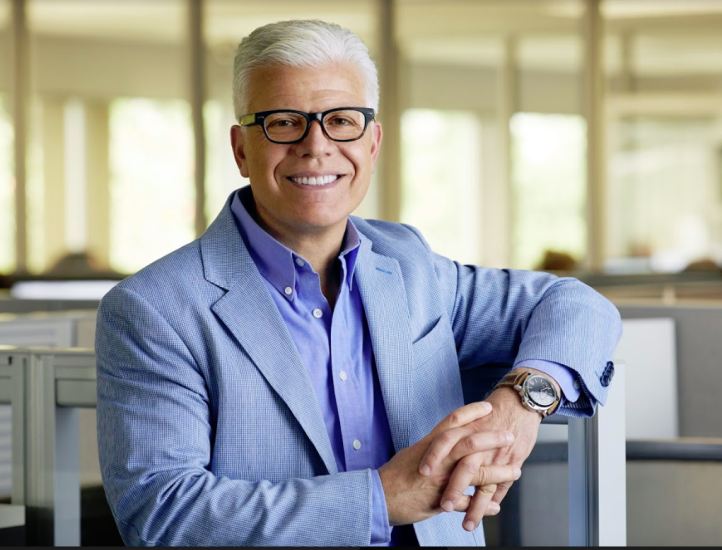Competition within fintechs can be fierce. Many that made SourceMedia’s
They do this by offering a range of perks that make their employees’ lives easier, create a fun work environment and provide a chance to give back to the community. But leadership at these companies also take steps to ensure they are recruiting a diverse group of employees that will lead to different ideas.
“It's important to have a diverse workforce because having voices around the table with different points of view leads to better decisions,” said Karla Friede, CEO of Nvoicepay. “This is not always easy, because of the difference in communication styles and sometimes this means it takes longer to process and come to a conclusion, but the results are better. Different points of view lead to innovation and speed — and allow us to discover issues before they become problems.”
All of that starts at the top with the CEO setting a tone that is welcoming and inclusive, and gives employees room to grow.
“A leader is someone that the rest of the team trusts and is willing to follow, not because of their title, but because of their vision and things the leader has done for the company and our customers,” said Hailin Li, CEO of Advyzon.
Here are some insights from the companies on the Best Fintechs to Work For list about their leadership styles, why good benefits are essential for keeping employees and unique ways they recruit a diverse workforce:













